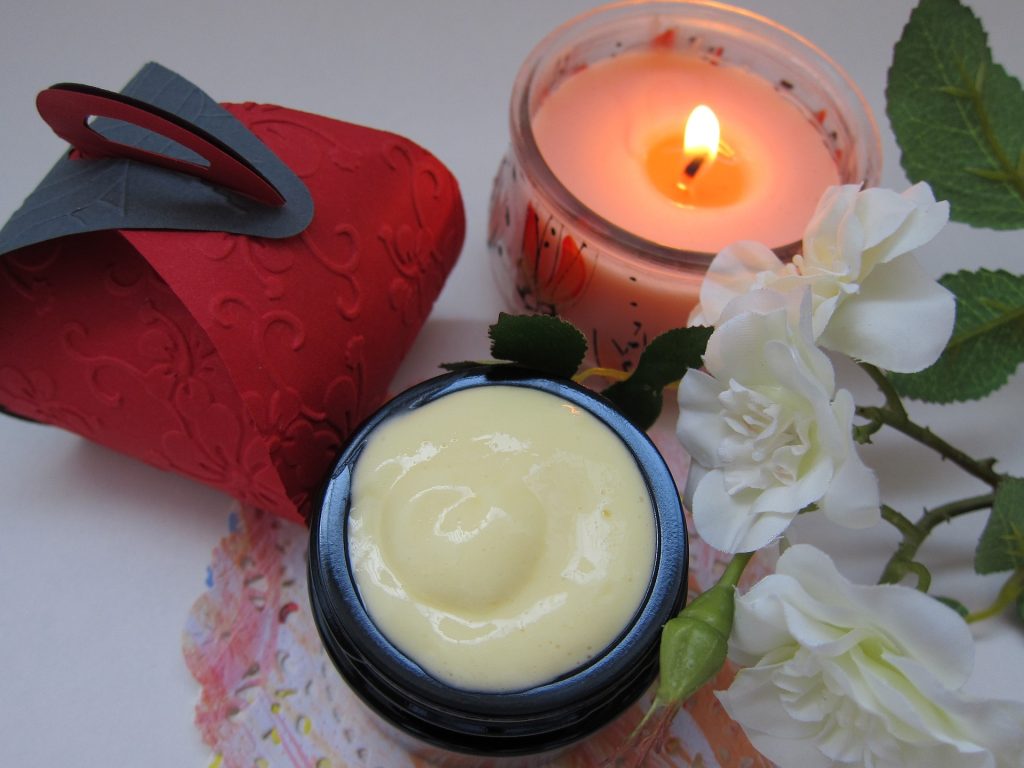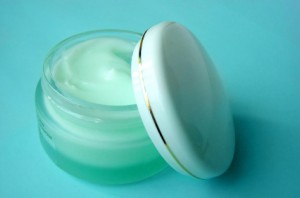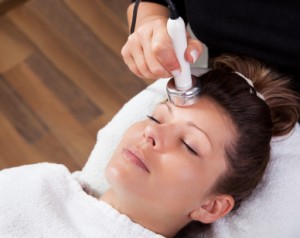An Anti Aging Skin Treatment for You
There’s great news if you would like to take action to improve your aging skin. There’s bound to be an anti aging skin treatment for you. Several treatments now exist to choose from to combat the signs of aging and restore that youthful appearance.

Types of Anti Aging Skin Treatment
- Photo-protection
- Cosmeceuticals
- Microdermabrasion
- Chemical Peels
- Dermal Fillers
- Botox
- Lasers
- Radiofrequency
- Photothermal Therapy
Photo-protection
Photoprotection refers to protecting skin from the harmful effects of the sun. Excessive sun exposure is a major factor contributing to aging skin. The damage is done by ultraviolet (UV) radiation. Sunscreens absorb, scatter, or block ultraviolet radiation.
 Cosmeceuticals
Cosmeceuticals
Cosmeceuticals are skin products that provide cosmetic and therapeutic effects. They contain a variety of biologically active ingredients. While cosmeceuticals are tested for safety, their efficacy is not guaranteed. For more information on ingredients frequently contained within cosmeceuticals go to our article on “Skin Aging“.
Dermal Fillers
Dermal fillers are primarily used in the treatment of wrinkles. Collagen is a structural protein and a major component of the dermis of the skin. Dermal fillers either replace collagen or stimulate collagen production. Dermal fillers include collagen injections and hyaluronic acid injections. See our article “Anti Aging Collagen” for more information.
Botox
Botox injections are the most common skin rejuvenation treatment. Botox relaxes muscles. Muscle contractions can lead to wrinkling and Botox addresses this cause. In general, injections need to be repeated every 3 to 4 months.
Microdermabrasion
Microdermabrasion is used to treat the superficial layer of the skin. It involves spraying fine crystals onto the skin and abrading the skin. The type of crystal used and the number of passes over the skin determines the depth of the abrasion. Microdermabrasion is used to treat mottled skin, fine wrinkles, and irregular skin texture.
Chemical Peels
Depending on the agent used and the time it remains on the skin, chemical peels can be used to treat the skin at varying depths. Superficial peels treat the epidermis. There is little downtime and patients can normally return to work the same day. Three to 5 treatments may be necessary to achieve optimal results.
Medium-depth peels penetrate the epidermis and into the upper dermis and are used to treat deeper wrinkles. Deep peels penetrate even further into the dermis. Phenol is used in deeper peels and can be toxic to the kidneys, heart, and liver.
 Lasers
Lasers
Lasers are currently used to treat a host of skin disorders. Different types of lasers have different applications. Ablative laser systems are used for facial resurfacing and can improve skin tone, wrinkles, and scarring. Downtime is typically a week, but full recovery can take over a month. Nonablastive laser systems penetrate the dermis without disrupting the epidermis and stimulate collagen production reducing the size and depth of wrinkles.
Fractional resurfacing lasers are used for skin resurfacing, surgical and acne scars, striae (stretch marks), melasma, and rhytids.
Radiofrequency Technology
Radiofrequency technology produces heat by use of an electric current is used to treat wrinkles. Radiofrequency also tightens the skin and is one of the few treatments that address sagging skin.
Photothermal Therapy
Photothermal therapy has many applications and uses light in conjunction with a light activated medication, and induces collagen production in the dermis. It is used for facelifts, and to treat acne, rosacea, scars, and vitiligo. It can be used to treat patients of all ages, skin color and race, and is associated with little if any down time and is generally pain free.
Related articles include “Anti Ageing Cream“, “Do Anti Aging Face Creams and Products Really Work“, and “Skin Aging“.
